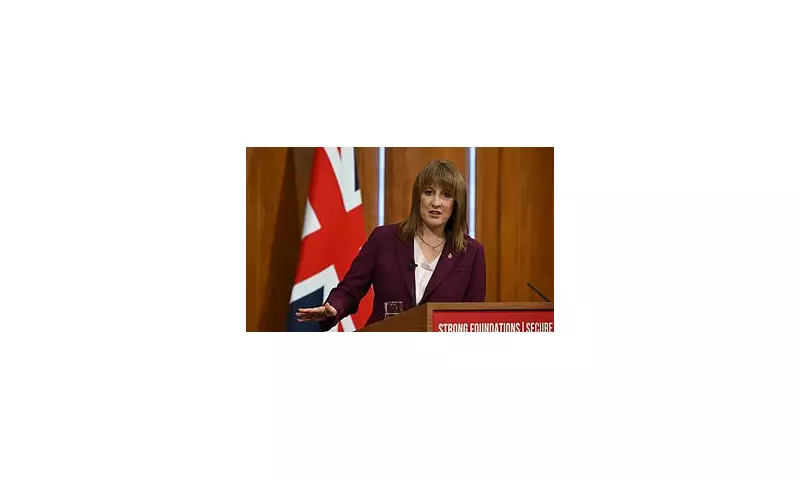
Chancellor Targets Sugary Drinks in Sweeping Tax Overhaul
Chancellor Rachel Reeves is preparing to announce significant changes to the UK's sugar tax system in her upcoming budget, with plans that include what critics have dubbed a 'milkshake tax'. The proposed reforms would represent the most substantial overhaul of the Soft Drinks Industry Levy since its introduction in 2018.
The Labour government's strategy involves removing the current exemption for milk-based drinks, meaning popular products like milkshakes would become subject to the sugar tax for the first time. This move forms part of broader efforts to address unhealthy food consumption across the nation.
Lower Thresholds and Wider Net
In addition to expanding the tax to include dairy-based beverages, the Chancellor intends to lower the sugar threshold at which the levy applies. Currently, soft drink manufacturers pay a minimum of 18p per litre on drinks containing 5g or more of sugar per 100ml.
The proposed changes would see this threshold reduced to just 4g of sugar per 100ml, a significant tightening that would bring many more products into the tax net. These reforms are scheduled to take effect in April 2027, giving industry time to adapt.
The Soft Drinks Industry Levy was originally designed to pressure manufacturers to reformulate their products with reduced sugar content or decrease portion sizes. Since its implementation six years ago, the policy has successfully encouraged many companies to reduce sugar levels in their beverages.
Industry Backlash and Political Criticism
Shadow Chancellor Sir Mel Stride has voiced strong opposition to the proposed changes, stating: 'If these reports are true, Labour's new milkshake tax moves the goalposts yet again for an industry that's already cut sugar and made changes responsibly.'
He further argued that businesses that complied with previous regulations would face punishment, with products suddenly becoming taxable under the new rules. The criticism suggests the measures could face significant political resistance.
The sugar tax expansion appears to be part of a broader fiscal strategy, coming alongside reports that the Chancellor has abandoned plans to increase income tax but will maintain threshold freezes that effectively raise revenue through fiscal drag.
Analysis suggests that extending the freeze on tax thresholds could generate over £8 billion annually for the Treasury, helping to address a financial shortfall estimated between £30 billion and £40 billion. However, this approach would come at considerable cost to taxpayers.
By the end of the decade, more than 10 million people could find themselves paying the higher rate of tax, while minimum wage workers would see their annual tax bills increase by approximately £137 compared to current policy.
The changes would also affect pensioners, with the full state pension becoming taxable for all recipients for the first time in 2027-28, creating a situation where government support is effectively given with one hand and taken with the other.
As the November 26 budget announcement approaches, Treasury sources indicate that final decisions are still being finalised, though the Chancellor has committed to using 'big levers' to raise necessary revenue while rebuilding financial headroom.





